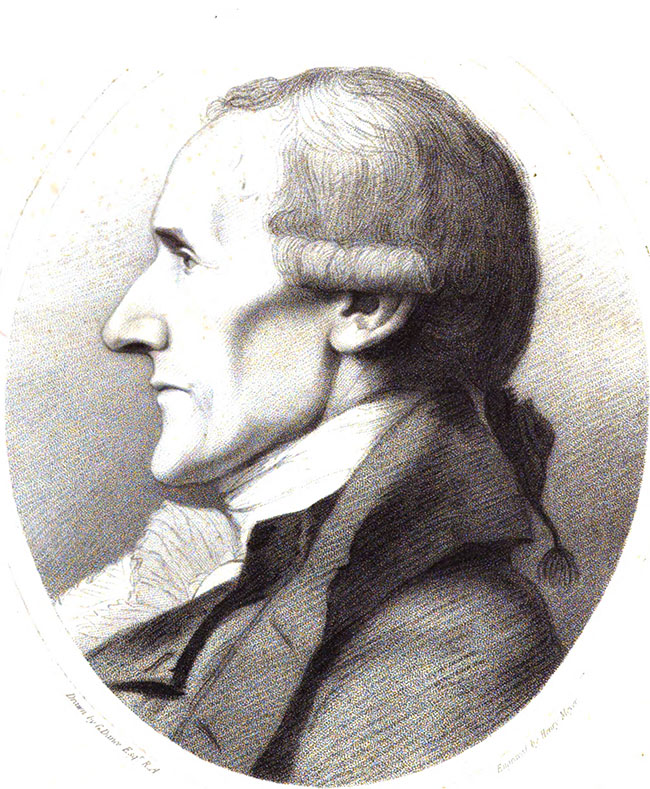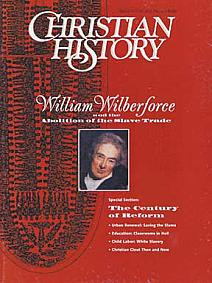GRANVILLE SHARP SPENT A LIFETIME ON ABOLITION OF SLAVERY AND OTHER GOOD CAUSES

[Above: Granville Sharp, from Prince Hoare, Memoirs of Granville Sharp, Esq. United Kingdom, Henry Colburn, 1820. public domain.]
IN 1767, David Lisle, a slave-owner from Barbados, seized an escaped slave named Jonathan Strong in front of London’s mayor and others. Granville Sharp tapped Lisle on the shoulder and said, “I charge you, in the name of the king, with an assault upon the person of Jonathan Strong, and all these are my witnesses!” He led Strong away. (Strong, whom Lisle had badly beaten some months earlier, soon died of the after-effects of the brutality.)
Slave masters claimed they could bring their human “property” into England without losing ownership. Seventy years earlier, judges York and Talbot had ruled that baptized Blacks did not become free. Priests had been baptizing slaves to free them.
Jonathan Strong’s case captured Granville Sharp’s heart. Although not a lawyer, he delved into the law and amassed evidence that slavery was illegal in Britain. York and Talbot had ruled incorrectly. During the next four years Sharp rescued other slaves and brought their cases into court. Although he got them freed, he could not obtain a definitive ruling in favor of all slaves. Finally, in the case of James Somerset, a judge ruled that slavery is illegal in Britain.
Granville Sharp continued to work against slavery the rest of his life and advocated a homeland for free Blacks in Sierra Leone. That venture failed. He also advocated for an end of the slave trade and worked with William Wilberforce and others to abolish slavery in all British territories.
Motivated by the Bible, he joined in founding the British and Foreign Bible Society to spread God’s word as widely as possible for others. He had taught himself Greek and Hebrew and studied Bible prophecy. Through those studies, he became convinced Christ’s coming was near and thought Napoleon was the blasphemous “little horn” of Daniel 7:25. Although he was wrong on that score, he made a useful contribution to biblical interpretation known as Sharp’s Rule.* This is important in showing that several New Testament verses attribute divinity to Christ.
Sharp desired to extend the episcopal form of church government to the United States. Because of the Revolution, American churchmen could not take the required oath to the English king and the Church of England could not legally ordain their bishops. The United States’ first Episcopal Church bishop, Samuel Seabury, actually had to go to Scotland for ordination, but Sharp implored the Archbishop of Canterbury to get impediments removed. Meanwhile, he coached the Americans on English church law. Through his intervention, William White and Samuel Provost were able to receive ordination in England. Two grateful American colleges awarded honorary degrees to Sharp.
Early in 1813, the seventy-eight-year-old man began to weaken and to lose his memory. On this day, 6 July 1813, Granville Sharp died quietly at the home of a sister-in-law. A monument in Westminster Cathedral honors him, especially noting his work for the abolition of slavery and the end of the slave trade.
—Dan Graves
* “When two personal nouns of the same case are connected by the copulet KAI [Greek ‘and’], if the former has the definite article and the latter has not, they both belong to the same person.”
----- ----- -----
Granville Sharp's efforts against slavery were a precursor to William Wilberforce, whose story is told in Christian History #53, William Wilberforce and the Century of Reform






